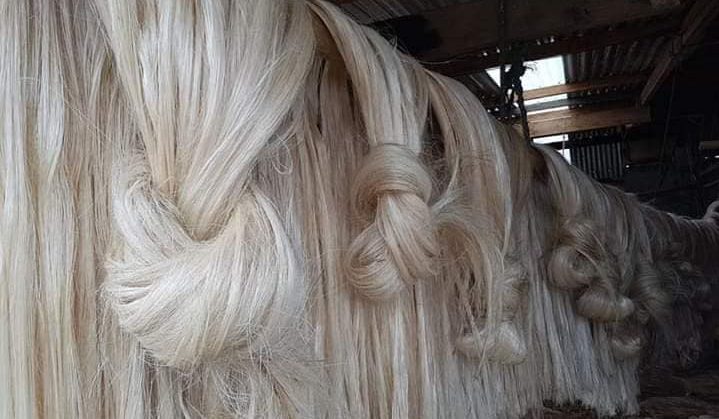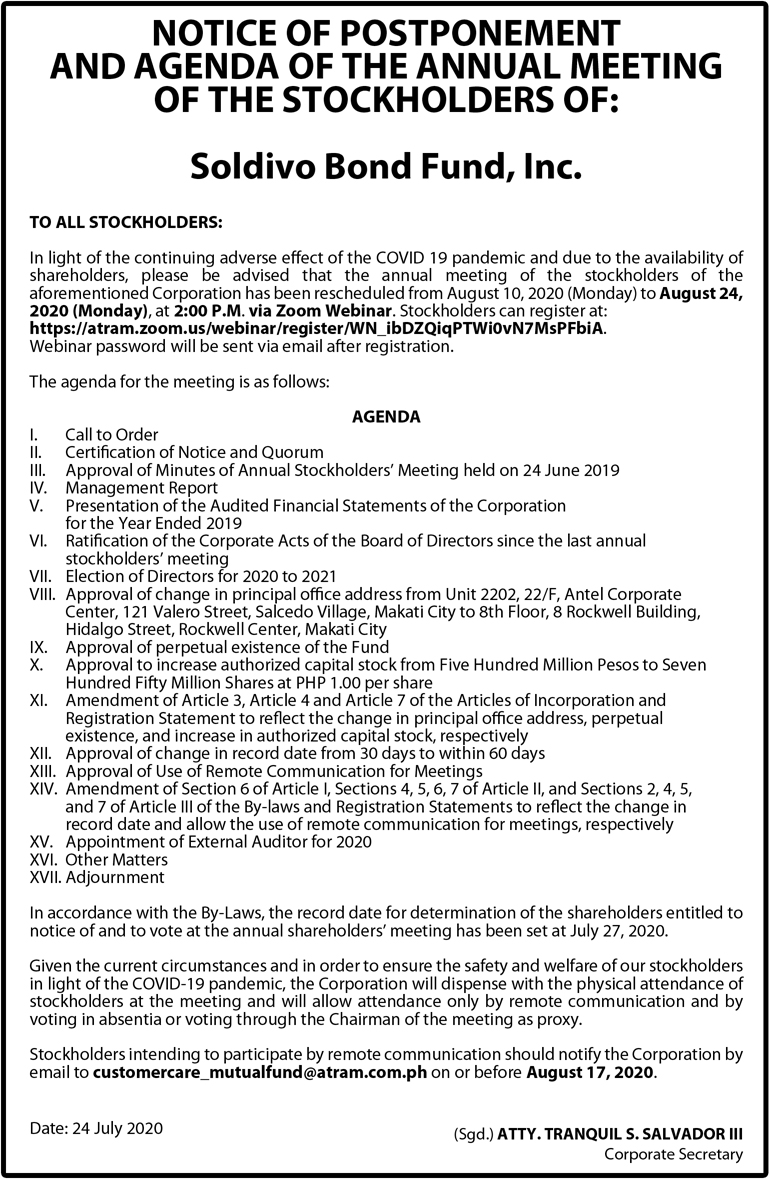Milo brings mission of building champions online
By Michael Angelo S. Murillo, Senior Reporter
FORCED to adjust by the ongoing coronavirus disease 2019 (COVID-19) pandemic, Milo Philippines has decided to take its mission of continuing to build champions online through the Milo Homecourt project.
The online initiative, done in collaboration with Milo’s partner organizations, provides a wealth of sports content, with interactive and physical activities aimed at empowering parents to continue their kids’ champion journeys through sports even while at home amid COVID-19.
“With the situation right now with the pandemic, young people really have to stay at home. But it does not mean they should stop being active,” said Lester Castillo, assistant vice-president, Nestle Philippines-Milo, during Tuesday’s online Philippine Sportswriters Association (PSA) Forum where they discussed what Milo Homecourt is all about.
“During this time, moms and dads are seeking imaginative ways to keep their kids active and moving, and sports is the perfect outlet to promote not just a healthy lifestyle, but also instill valuable life lessons that their kids can use to grow into well-rounded individuals. And the Milo Home Court can be a useful resource for that,” he added.
Under the campaign, Milo brings its signature sports clinics to the digital space with the Milo Sports Clinics Online.
The online program is available on the Milo YouTube channel where parents can find free video lessons for nine sports disciplines namely arnis, badminton, basketball, football, gymnastics, karatedo, volleyball, taekwondo and tennis.
All online courses are developed and facilitated by Milo’s expert coaches and mentors from its partners such as the Philippine Taekwondo Association and the Association for the Advancement of Karatedo (AAK), ensuring that kids receive the best kind of training.
Homecourt also includes interactive training classes that will help kids further develop their skill sets and gain a better understanding of their strengths. These classes come with a minimal enrollment fee, and provide aspiring athletes the advantage of real-time supervision and expert assessment by the best coaches in and outside of the country.
The program begins next month with live online classes in karate and taekwondo. Because of the limited slots available though, parents are encouraged to enroll their children early.
Through the initiative as well, Milo is looking to help support the livelihood of coaches and trainers, who were displaced by the pandemic.
“It’s a very good project. It has never been done before. And you wouldn’t automatically think that sports like karate can be taught online but we were able to find ways. I’m proud that many sports right now are trying online training,” same Southeast Asian Games gold medal-winning karateka Jamie Lim, a product of the Milo sports program.
Ms. Lim, daughter of basketball legend Samboy Lim, and AAK’s Richard Lim joined Mr. Castillo during their PSA Forum session.
The Milo Home Court campaign is in support of World Health Organization’s Global Recommendation on Physical Activity for Health.
For more information about the Milo Home Court campaign, visit the Milo Philippines YouTube channel (https://www.youtube.com/channel/UCZ2Wzb2qXmrCgIYnPq6VfvQ/playlists) and the Milo Facebook page (www.facebook.com/milo.ph).




